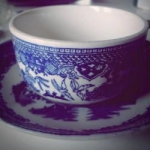That Time the Tzar’s Wine Ran Through the Streets
The ransacked Winter Palace was actually missing more than just wine by the end of the Revolution.
In 1917 during the Bolshevik Revolution the Winter Palace had been emptied of its royal inhabitants, and was set upon by different factions of revolutionaries and soldiers. Each wanted alternately to either protect the items of cultural heritage contained within the 1500 room palace or to plunder her wares and take what they could or else smash the rest as symbols of imperialist obsolescence. No part of the palace was safe, and that included the vast and valuable wine cellars of the Tzar.
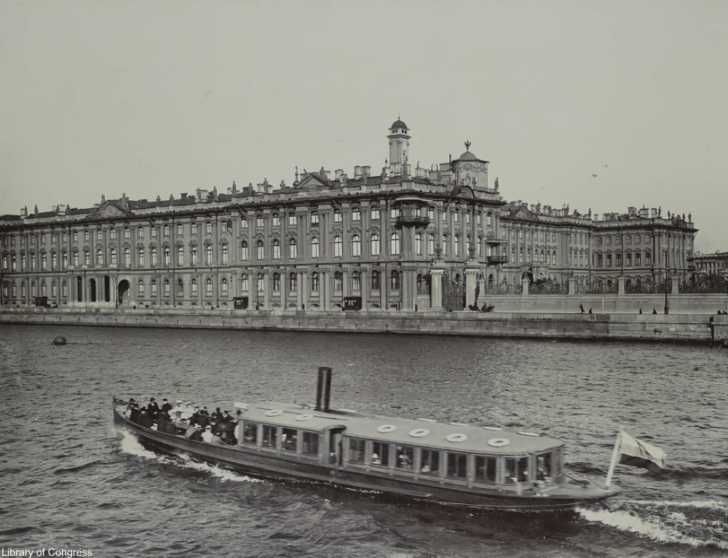
American journalist John Reed and his wife Louis Bryant were able to enter the palace shortly thereafter and witnessed soldiers breaking open crates of royal treasures: tapestries, clocks, and other fine household goods.
Among the pillaged parts of the palace were the royal wine cellars, thought to perhaps have been some of the largest in the world at the time. While revolutionaries called upon the household goods to be left alone because the objects were “property of the people” the wine was quite a different story.
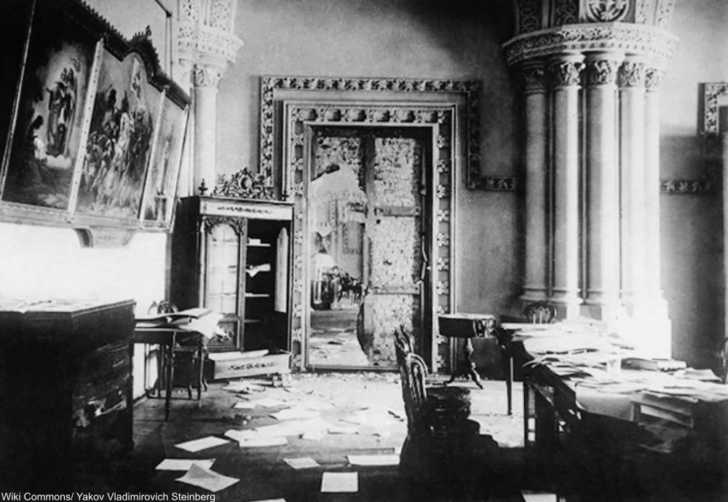
Soldiers, rather than guarding the stores, broke in and began to drink the wine at a furious pace. The Bolsheviks tied in vain to stop both soldiers and lay people from drinking the vast supply of rare and expensive vintages, but to no avail.
The scene that followed was later described as drunken debauchery at its finest, with intoxicated people lying about the courtyards and fountains of the Winter Palace. A significant portion of the Bolshevik soldiers were more concerned with “drunken orgies” than with fighting.
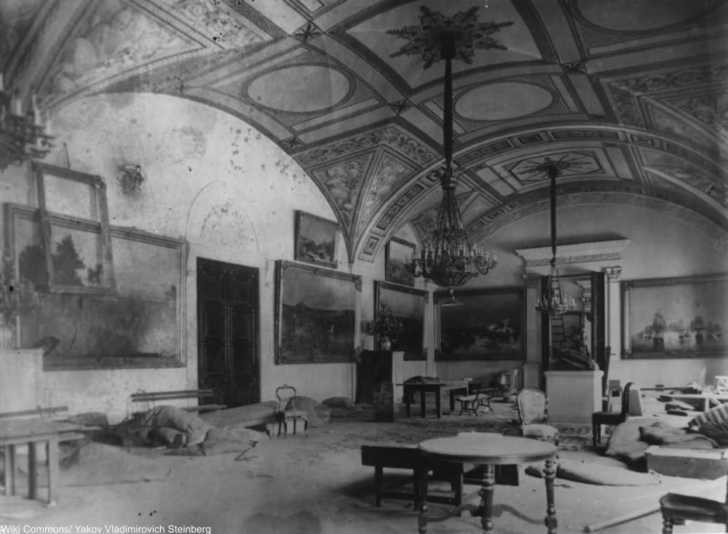
In an attempt to end the drunken rampage that was happening at the Winter Palace, they tried pouring the wine out, to which people simply drank from the gutter as the wine flowed. They even tried throwing the bottles of wine into the river, but people just jumped in after them! Similar fates awaited the wine cellars of other Russian royalty.
Right on the cusp of World War I, in 1914 the Tsar had banned the sale of hard liquor. After the sloppy and drunken conscripts that fought in the Russo-Japanese War a decade before had made deployment much more difficult, the Tsar decided that the coming war should be free from those same problems. On the eve of the People’s revolution, no doubt soldiers and civilians alike were thirsty for something harder than beer – an exception which was allowed soon after prohibition came into effect.
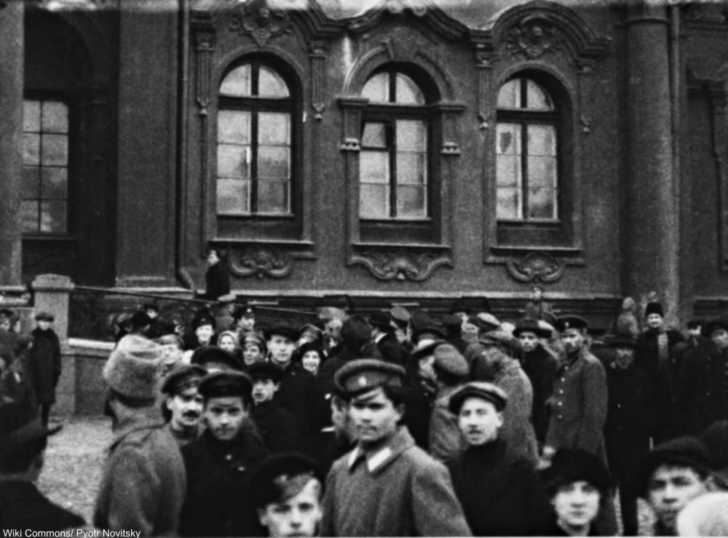
Opposition against prohibition is the most likely reason why people kept drunkenly raiding the Tsar’s wine cellars for weeks and weeks. They probably thought this would be the best (and quite possibly the only) wine they would have for a very long time. And they were right: the new Soviet government retained prohibition until 1925!
In the end all the wine (in theory as much the property of the people as the Royal Family’s housewares and antiques) was completely consumed despite directives to keep the property intact for future allocation.
SKM: below-content placeholderWhizzco for DOT

